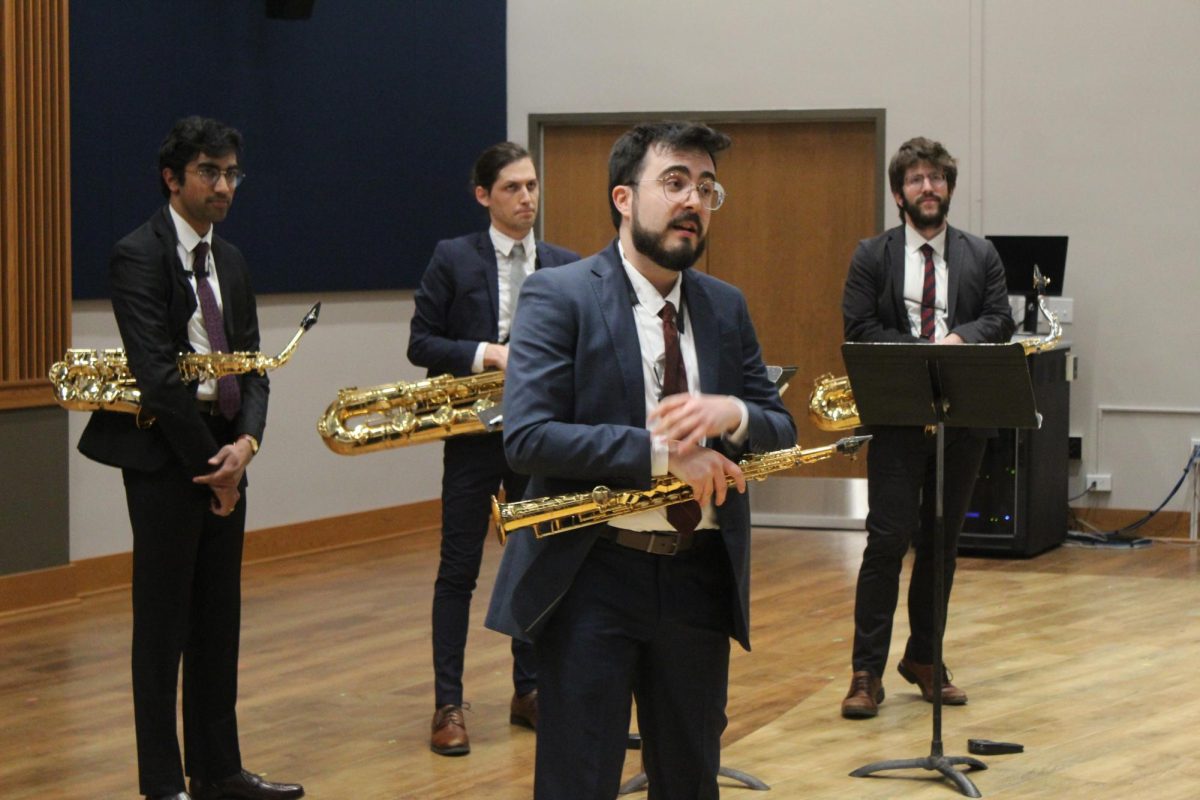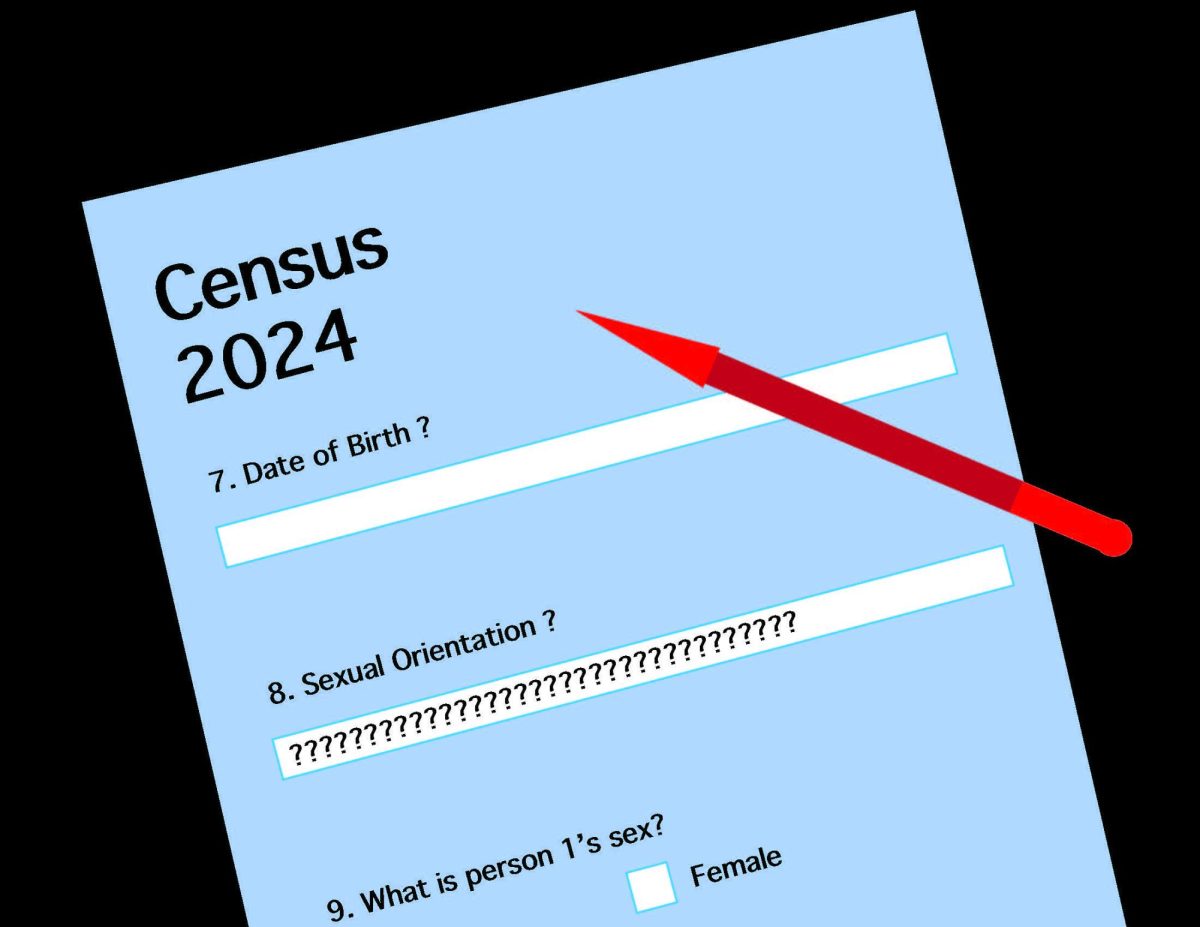As the United States grapples with how to best represent its diverse population, a pivotal discussion emerges: the inclusion of questions on gender identity and sexual orientation in the U.S. Census. The decision to have more inclusive categories would provide a greater ability of the census to reflect society and its needs, meaning it is a necessary step in embracing diversity and inclusion.
For the first time, the American Community Survey may include questions aimed at providing a necessary, comprehensive understanding of these aspects of American life.
For college students, such as those at Augustana, the inclusion of questions on gender identity and sexual orientation in the U.S. Census holds particular significance. It offers an opportunity for students to see themselves represented in the data that informs government policies and resource allocation. By accurately capturing the diversity of the student body through these new questions, the census can better address their unique needs and experiences.
This proposed expansion of survey questions has ignited a spectrum of opinions and considerations, from enthusiastic support to constructive critique.
At the heart of this dialogue lies the opportunity to gain valuable insights into the LGBTQ+ community, a demographic whose visibility and understanding have historically been marginalized. The potential inclusion of such questions in the American Community Survey presents a chance to recognize and acknowledge the lived experiences of LGBTQ+ individuals across the nation.
An Associated Press review of 91 public comments reveals a generally supportive stance toward the proposed changes. Many health officials, civil rights groups, individuals and businesses see this as an opportunity to gain valuable insights into the diversity of LGBTQ+ people in the United States.
Among the voices advocating for this change, many recognize the importance of data-driven policymaking and representation. By incorporating questions on gender identity and sexual orientation, the Census Bureau can paint a more accurate picture of the diverse fabric of American society.
However, this proposal is not without its challenges and areas for improvement. Constructive criticism has emerged, particularly regarding the phrasing of questions and the inclusivity of response options. On AP News, retired demographer Gary Gates rightly pointed out the need for language that respects the evolving ways individuals describe their sexual orientation and gender identity.
He found fault with the option to answer, “Straight, that is not gay.”
“The phrase is patently offensive,” Gates wrote. “Not being gay is hardly an accurate definition of a straight identity… Why emphasize that they specifically are not gay? It is simply not an adequate description of straight identity.”
Critics emphasize the importance of using language that evolves with the diverse ways individuals describe their sexual orientation and gender identity.
Moreover, there is a pressing call for more inclusive categories, including representation for people with intersex traits, asexual individuals and pansexual individuals. The omission of these identities underscores the importance of ensuring that the census reflects the full spectrum of human diversity.
Despite the widespread support for this initiative, political objections have surfaced, with some Republican senators expressing concerns about the politicization of the survey and potential risks to data legitimacy. While these concerns are valid, they should not overshadow the importance of embracing inclusivity and diversity in our national census.
As we navigate this juncture of progress and tradition, it is imperative to recognize the potential of the proposed changes to the U.S. Census. While there are challenges to overcome, including refining question phrasing, the overarching goal remains clear: to create a more inclusive and comprehensive understanding of the American population.
The potential inclusion of questions on gender identity and sexual orientation in the U.S. Census is not just a national conversation but a reflection of our own experiences and identities. As members of a diverse community, Augustana students can find resonance in the ongoing dialogue about inclusivity.
The inclusion of questions on gender identity and sexual orientation in the U.S. Census represents a crucial step towards recognizing and embracing the diversity of our nation. By listening to diverse perspectives, addressing constructive criticism and prioritizing privacy protections, we can ensure that the census reflects the many identities that make up our community.
The inclusion of these questions is not merely a statistical adjustment but a powerful stride toward fostering an environment that values and embraces the diverse identities within the Augustana College community and beyond. The census, as a tool for policymaking and resource allocation, holds the potential to address the specific needs and challenges faced by college students, creating a platform for a more nuanced understanding of their experiences.









































































































